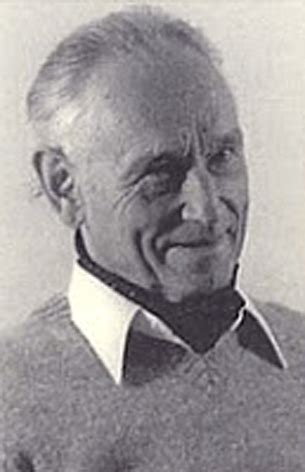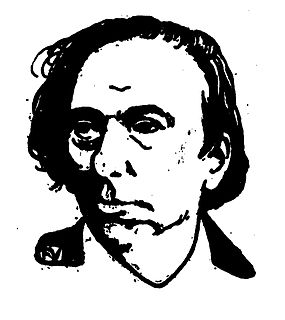A Quote by Harriet Beecher Stowe
A little reflection will enable any person to detect in himself that setness in trifles which is the result of the unwatched instinct of self-will and to establish over himself a jealous guardianship.
Related Quotes
You will never have a greater or lesser dominion than that over yourself...the height of a man's success is gauged by his self-mastery; the depth of his failure by his self-abandonment. ...And this law is the expression of eternal justice. He who cannot establish dominion over himself will have no dominion over others.
Now, where a man in this church says, 'I don't want but one wife, I will live my religion with one,' he will perhaps be saved in the Celestial kingdom; but when he gets there he will not find himself in possession of any wife at all. He has had a talent that he has hid up. He will come forward and say, 'Here is that which thou gavest me, I have not wasted it, and here is the one talent,' and he will not enjoy it but it will be taken and given to those who have improved the talents they received, and he will find himself without any wife, and he will remain single forever and ever.
Good work is no done by "humble" men. It is one of the first duties of a professor, for example, in any subject, to exaggerate a little both the importance of his subject and his own importance in it. A man who is always asking "Is what I do worth while?" and "Am I the right person to do it?" will always be ineffective himself and a discouragement to others. He must shut his eyes a little and think a little more of his subject and himself than they deserve. This is not too difficult: it is harder not to make his subject and himself ridiculous by shutting his eyes too tightly.
What you are as a single person, you will be as a married person, only to a greater degree. Any negative character trait will be intensified in a marriage relationship, because you will feel free to let your guard down -- that person has committed himself to you and you no longer have to worry about scaring him off.
Mathematical knowledge is not-as all Cambridge men are surely aware-the result of any special gift. It is merely the development of those conceptions of form and number which every human being possesses; and any person of average intellect can make himself a fair mathematician if he will only pay continuous attention; in plain English, think enough about the subject.


































